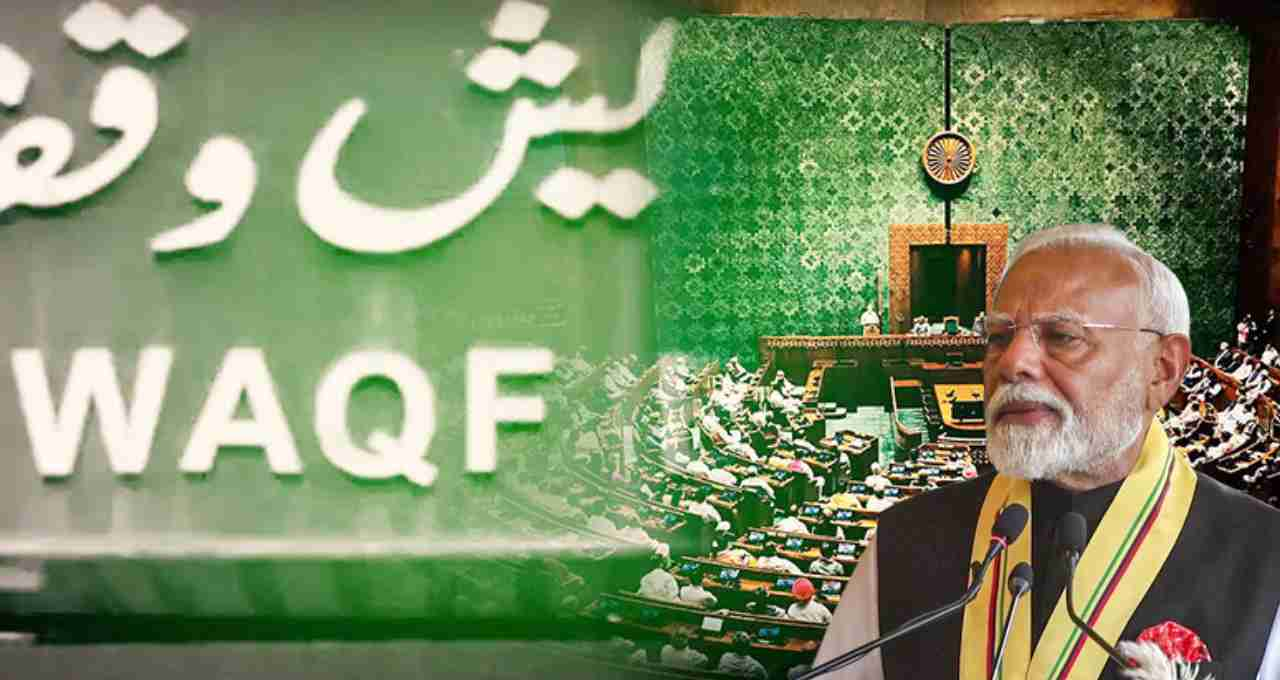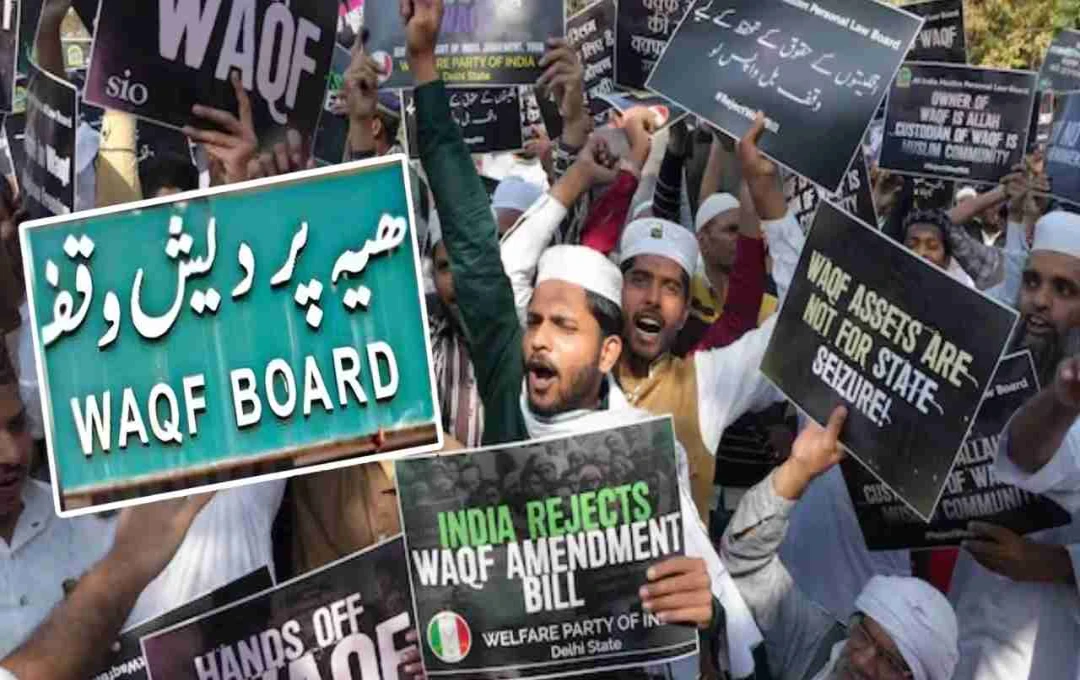The Wakf (Amendment) Bill, 2024, has been introduced, aiming to improve Wakf property management, clarify the status of government properties, and restructure Wakf tribunals.
Explainer: Union Minister of Minority Affairs, Kiren Rijiju, introduced the Wakf (Amendment) Bill, 2024, in the Lok Sabha on April 2nd. The bill aims to improve the administration and management of Wakf properties, address shortcomings in the 1995 Act, and strengthen technology-based monitoring systems. Opposition parties opposed the bill, terming it an attack on the autonomy of Wakf boards and politically motivated.
What is the Wakf (Amendment) Bill, 2024?
The Wakf (Amendment) Bill, 2024, proposes significant amendments to the Wakf Act of 1995. This bill aims to ensure transparency, improvements, and the use of technology in the management of Wakf properties.
Key Changes:
1. Elimination of the Concept of 'Wakf Based on Usage':

Land will no longer be considered Wakf simply based on its long-term use as such. It will be considered Wakf only if it has been formally declared or dedicated as Wakf.
2. New Conditions for Donating Land to Wakf:
Individuals donating land for Wakf must now be Muslim for at least five years. This also provides protection for the inheritance rights of Muslim women.
3. Clarity on Government Land:
The new bill clarifies that government property mistakenly recorded as Wakf will no longer be considered as such. In case of disputes, the District Collector will make the final decision, and the matter will be resolved under the state's land revenue laws.
4. Power to Declare Wakf Property Now with State Government:
The power to declare Wakf property now rests with officers appointed by the state government, instead of the Wakf Board.
5. Change in Survey Responsibility:
The responsibility for surveying Wakf properties is now assigned to the District Collector, ensuring better coordination with state land records.
Restructuring of the Central Wakf Council

Previously, all members of the Central Wakf Council were Muslim. The new bill provides for the inclusion of two non-Muslim members. However, representatives of Muslim organizations, Islamic law experts, and the chairperson of the Wakf Board will remain Muslim. The presence of two Muslim women is also mandatory.
Changes in State Wakf Boards
State Wakf Boards will now consist entirely of members appointed by the state government. Additionally, two non-Muslim members, representatives from Shia, Sunni, backward class Muslims, Bohra, and Aga Khani communities will be included. At least two Muslim women will also be members.
Changes in the Structure of Wakf Tribunals
The new bill also modifies the structure of Wakf Tribunals. The tribunal will now be headed by a District Court judge and include a Joint Secretary from the state government; the requirement for a Muslim law expert has been removed.
High Court Access and the Central Government's Role
The new bill enhances the High Court's role in Wakf disputes. Tribunal decisions can now be challenged in the High Court within 90 days. The central government's role is also expanded; it will now be responsible for auditing Wakf accounts.
Provision for Bohra and Aga Khani Wakf Boards
The new legal framework provides for Wakf Boards for the Bohra and Aga Khani communities. If Shia Wakf properties constitute more than 15% of the total Wakf properties, a Shia Wakf Board can be formed. This provision now applies to the Bohra and Aga Khani communities as well.













